Own the Home, but Not the Land? What You Need to Know About Land Lease Deals
When you buy a home, you typically also buy the land your home sits on, but there’s another option: a land lease.
In a land lease deal, you’re purchasing just the dwelling and paying rent on the land to the landowner.
Who does a land lease?
There are a few scenarios ideal for a land lease. One example is when a landowner wants to retain ownership of the parcel of land but not develop it. The owner would enter into a land lease contract with a developer to build and sell a home, while retaining ownership of the land.
A land lease isn’t a standard home purchase—there are some pros and cons you need to weigh before signing on the dotted line.
The advantages of a land lease
- The purchase price is usually reduced because you’re not buying the land.
- Saving on the cost of the land may allow you to buy a more expensive home.
- These homes are typically part of a homeowners association, which provides common services and facilities.
The disadvantages of a land lease
- Finding a lender for a land lease can be problematic.
- In an HOA, residents may share in the cost of leasing the land, so you might have to pay significant fees as part of your lease.
- The cost of leasing the land can increase each time your lease is renewed.
- Unlike traditional homeowners, you’ll build equity only on your home, not the land.
- Selling a home on leased land may be difficult.
What to consider
Pay special attention to the terms of the lease, additional costs such as HOA fees, and the length of the lease. If you plan to live in the home past the end of the lease, make sure that option exists.
Buying a home through a land lease contract can be an attractive option in light of the lower purchase price. However, it’s essential you consider all options and obtain advice from professionals who are knowledgeable about land lease agreements.



